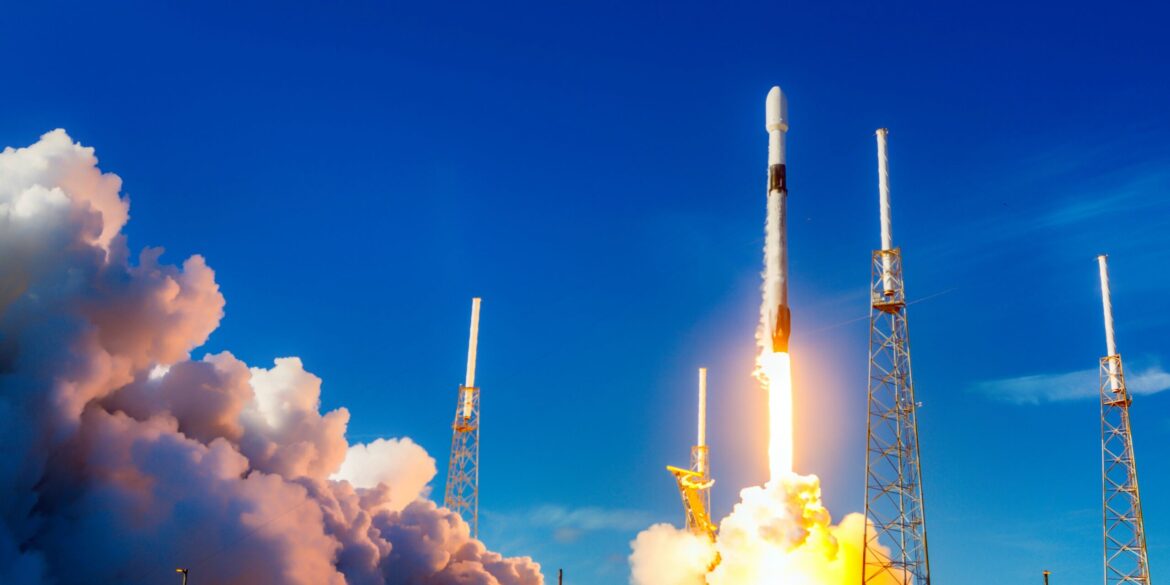The U.S. Air Force is preparing to embark on a groundbreaking test of advanced quantum navigation technology, set to take place during the next flight of its X-37B spaceplane, scheduled for launch on July 29, 2025. This test aims to explore the potential of quantum inertial sensors for navigation in space, which could eliminate the reliance on traditional GPS systems, marking a significant advancement in autonomous navigation technology for both military and civilian space operations.
The technology under consideration utilizes quantum principles to measure precise shifts in position and velocity by harnessing the interference of electromagnetic waves. This allows the system to track movement and location with a level of accuracy that has the potential to outperform current navigation methods, especially in environments where GPS signals are unavailable or unreliable, such as in deep space or on military operations. By moving away from traditional satellite-based systems, this quantum navigation technology could enable more secure, self-sufficient space missions, reducing vulnerabilities associated with GPS jamming or disruption.
The upcoming test flight of the X-37B spaceplane, which is uncrewed and designed for long-duration space missions, will be the perfect platform for this critical test. The spaceplane will carry the quantum navigation system into orbit to verify its performance under real-world conditions. If successful, the test could pave the way for the implementation of this technology in a variety of spacecraft, from military satellites to commercial spacecraft, significantly enhancing the precision and autonomy of navigation systems in space.
The potential implications of successful quantum navigation technology extend far beyond the military sector. While the U.S. Air Force aims to bolster its defense capabilities, the technology could revolutionize civilian space operations as well. For example, it could allow for more precise space exploration missions, offering solutions for positioning spacecraft in deep space or navigating complex, distant environments without relying on external signals. Additionally, the technology could enable more reliable space-based communications, navigation for satellite constellations, and even autonomous operations for future lunar and Mars missions.
The Air Force’s involvement in quantum navigation is part of a broader effort to remain at the cutting edge of emerging technologies. Quantum computing and sensing are expected to play an increasingly important role in both national security and commercial sectors, and the U.S. Air Force is investing in these technologies to maintain technological supremacy in space. The X-37B’s test of quantum inertial sensors is a crucial step in understanding how these advanced systems could be integrated into the military and commercial space infrastructure of the future.
As space exploration advances and missions become more complex, the need for reliable, autonomous navigation systems will continue to grow. GPS technology, while incredibly reliable on Earth, is limited when it comes to operations in space, particularly in environments that lack clear signals. The development of quantum navigation systems offers a potential solution, enabling a new era of space missions that are less dependent on external infrastructure and more capable of operating independently.
The successful implementation of quantum navigation technology could also serve as a key enabler for the future of space travel. As the industry moves toward more frequent space exploration and potentially crewed missions to other planets, the ability to navigate autonomously will be critical to the success of long-term missions. The U.S. Air Force’s initiative to test this technology aboard the X-37B is just the beginning of what promises to be a transformative shift in how humanity navigates and explores space.
In conclusion, the upcoming test of quantum navigation technology aboard the X-37B spaceplane represents a significant step forward in the field of autonomous space navigation. By eliminating the need for GPS, this quantum technology could have profound implications for both military and civilian space operations. As the test takes place, the world will be watching to see how this innovative technology could reshape the future of space exploration, security, and commercial spaceflight.


